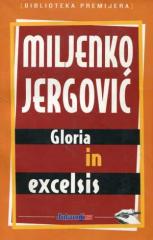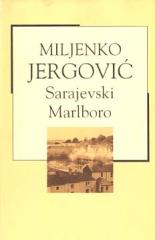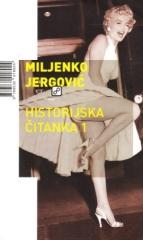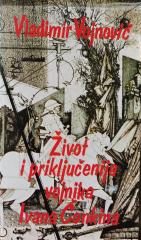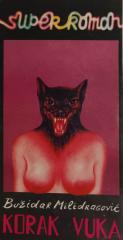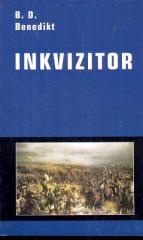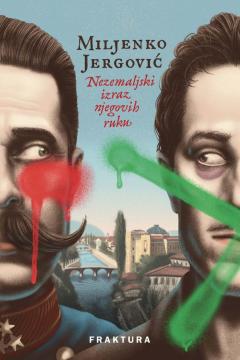
Nezemaljski izraz njegovih ruku
The novel and the preparation for the novel, a mixture of fiction, documents, tracts and essays, examines the Sarajevo assassination of 1914 without ideological burden. The assassination of Franz Ferdinand was a consequence of the Viennese modernization m
In the summer of 1914, on Sarajevo's Latinica, the young Gavrilo Princip pulls the trigger and assassinates the Austro-Hungarian heir to the throne, Franz Ferdinand - an act that ignites the fuse of World War I, but also opens wounds that still bleed in our collective memory. Miljenko Jergović does not write ordinary history; this is a hybrid of fiction, documents, tracts and essays - a preparation for a larger novel, and at the same time a deep meditation on assassination without any ideological burden, where "ours" and "them" disappear in the layers of human complexity.
Jergović takes us to the heart of the event, but not chronologically, but through a labyrinth of perspectives: Princip, Čabrinović and the other assassins are not fanatics, but children of their era - young men immersed in 19th-century novels, Whitman's poems about freedom, Russian anarchists and the Viennese newspapers that "literate" them and fed them illusions about changing the world. Viennese modernization mission in Bosnia, with trams, schools and cafes, has transformed the Balkans into something more European than ever – closer to Vienna, Berlin and Paris than to the East. The assassination is not just a murder; it is the culmination of this tension, where European civilization collides with its shadows, and Sarajevo becomes the epicenter not only of the war, but also of our own division.
The novel is divided into two main parts: "The Assassination" brings characters and events to life through fiction, speculating on alternative courses of history – what if Princip missed? What if Franjo's death saved millions of lives? These hypotheses are not playful; they reveal the depth of reality, transforming dry facts into an emotional saga of youth, fear and hope. The second part, the documentary, depicts Princip and his contemporaries through letters, testimonies and fragments – his hands, the "unearthly expression" of the title, become a symbol of this tension between the human and the historical, sin and heroism.
Jergović neither condemns nor celebrates; It heals, it makes us see the assassination as a mirror of our heritage – of modernization that brings violence, of European dreams that break against Balkan reality. In an era of nationalism and war memories, this work is healing: it reminds us that we are all heirs of that summer, where the shot rang out not only in war, but also in our souls.
One copy is available
